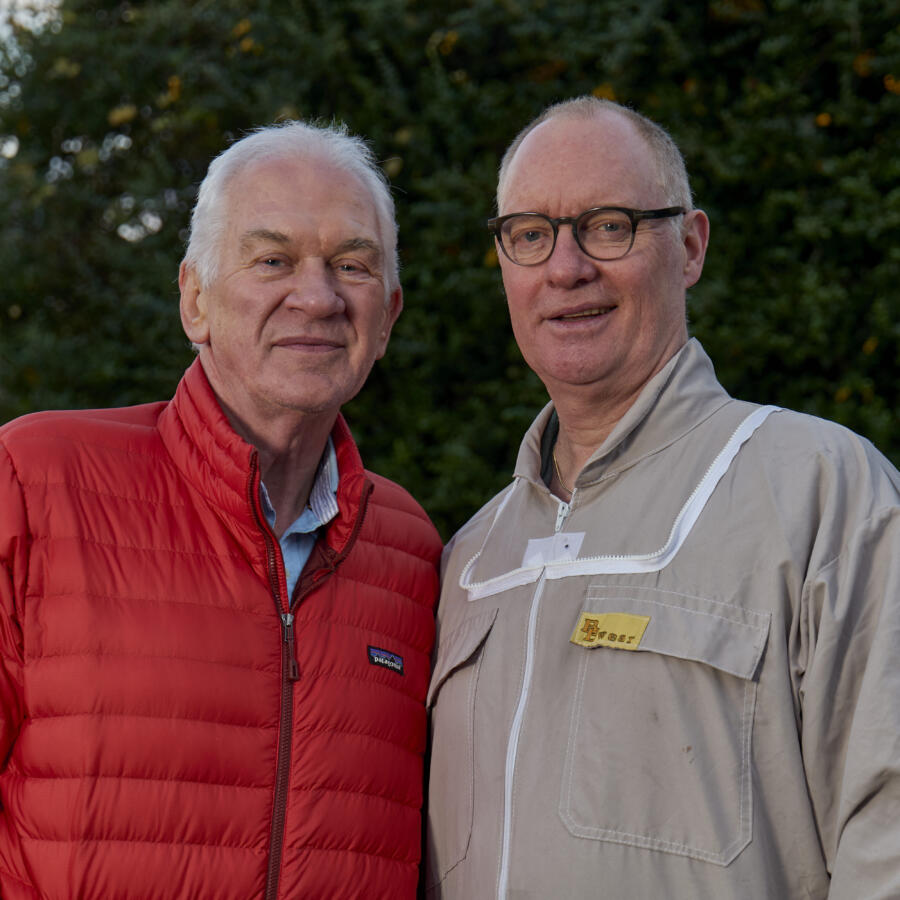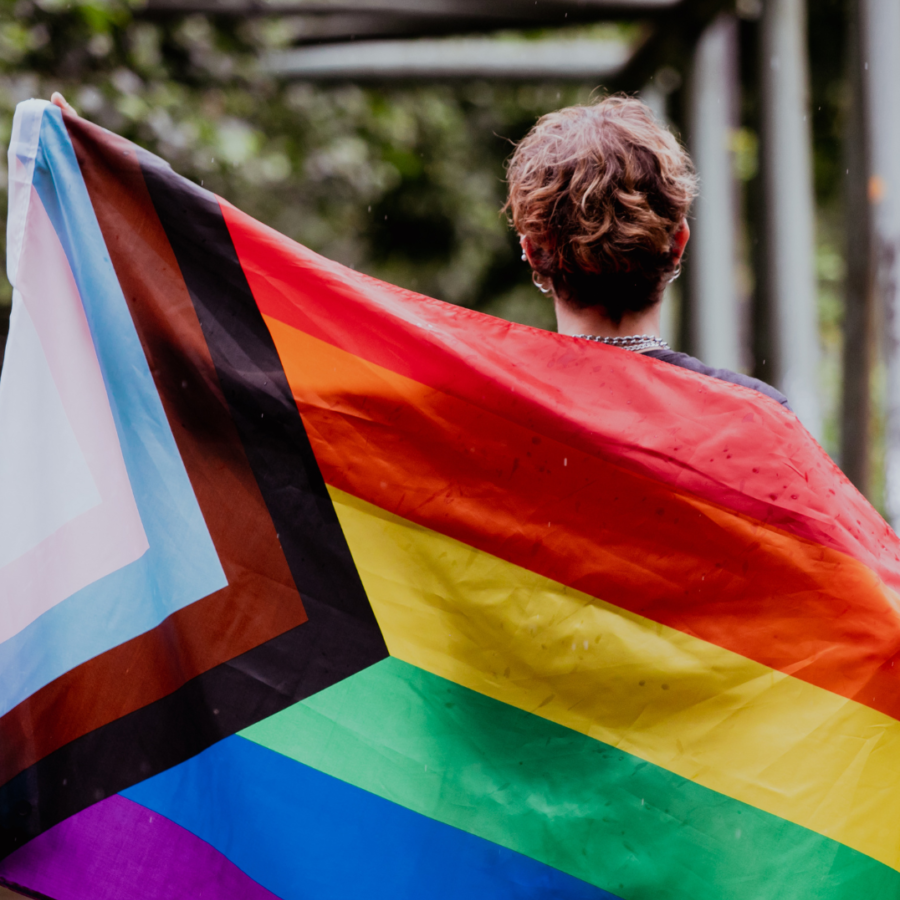LGBTQ+ veterans
Up until the year 2000, LGBTQ+ people were banned from the British military. People were criminalised, imprisoned, dismissed, and often stripped of their medals. The ban had a devastating impact on many people who simply wanted to serve their country.
Stonewall campaigned to end this discrimination and lift the ban, leading to the ban’s repeal in 2000.
However, although the ban was lifted, too little support or recognition was given to the thousands of LGBTQ+ people who suffered. Stonewall has been campaigning to ensure that LGBTQ+ veterans get the recognition and recompense that they rightfully deserve.
Timeline of key legislative milestones and Stonewall's work in this area
- 1950s
Specific legislation was passed “making it an offence to commit any homosexual acts whilst serving [in the Armed Forces].”
- 1967
A formal ban on LGBTQ+ serving in the military is introduced. The ban applied to any service member found, or suspected to be gay, lesbian, or bisexual and they could face dishonourable discharge, loss of pension and criminal investigation.
Even though the Sexual Offences Act 1967 decriminalised same-sex relations between men over 21 in private in England and Wales, the armed forces were explicitly excluded. This ban was enforced for 33 years until 2000.
- 1994
The government passed the Criminal Justice and Public Order Act 1994 which, while ensuring homosexual acts were not offences under the Armed Services Act, it allowed individuals to be discharged on these grounds from the Armed Forces and the ban remained.
- 1995
Stonewall launched a major campaign to end the ban. After hearing from many ex-service members, including Robert Ely and Elaine Chambers, who had been dismissed because of their sexuality, Stonewall set up a confidential telephone helpline to provide support and collect testimony from serving members of the armed forces and veterans.
- 1999
Supported by Stonewall, Duncan Lustig-Prean, Jeanette Smith, John Beckett, and Graeme Grady, took the UK government to the European Court of Human Rights (ECHR).
The ECHR declared the UK ban unlawful under human rights law. They said that the ban was a breach of the right to privacy and had no justification, finding it was based on a "predisposed bias" against gay people. The Ministry of Defence formally ended the policy on 12 January 2000. This was a major milestone in Stonewall history.
- 2000s – 2010s
Stonewall continued to advocate for LGBTQ+ veterans, campaigning for the government to address the historic harm.
- 2023
The government published the Independent Review by Lord Etherton into the service and experience of LGBT+ veterans who served in the Armed Forces between 1967 and 2000.
The report collected testimony from LGBT+ personnel about their experiences. It made 49 recommendations, including that the government issue a formal apology to LGBTQ+ veterans and they establish a financial recognition scheme to compensate them for what they went through. Stonewall campaigned for the implementation of these recommendations.
In 2023, Prime Minister Rishi Sunak issued a formal apology to LGBTQ+ veterans.
- 2024
Following pressure from campaigning groups, in December 2024, the government announced they would implement one of the key recommendations of the Etherton review and award LGBTQ+ veterans up to £75 million in financial recognition for ‘historic wrongs’.
- 2025
King Charles unveiled a memorial to LGBTQ+ military personnel, his first official engagement in support of the LGBTQ+ community. This was a recommendation from the Lord Etherton Review, the public memorial honors those currently serving and commemorates those who suffered under the ban.
The financial recognition scheme
The scheme is open for applications until December 2026, so far, there have been 1275 applications and £28 million paid to those claiming.
We were pleased to hear Minister for Veterans, Al Carns reaffirm the government's commitment to financial recognition in July 2025 and address the delays.
Applying for financial recognition
If you were impacted by the ban on LGBTQ+ people serving in the British military – you are eligible to apply for financial recognition. If you were affected while serving in HM Armed Forces, between 27 July 1967 and 11 January 2000, you can find out more about the application process here.
The scheme opened for applications at on 13 December 2024 and closes at 23.59 on 12 December 2026.
Other recommendations from Lord Etherton's independent review
As well as the financial recognition scheme, Lord Etherton’s review highlighted a number of other recommendations. As of July 2025, there are still five recommendations which are outstanding.




